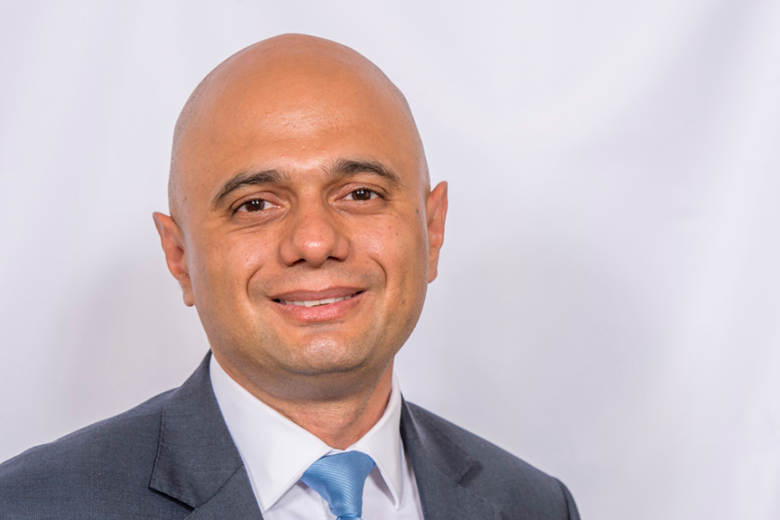Councils criticise government over 'real-terms funding cut'
Joe Lepper
Wednesday, December 20, 2017
Concerns have been raised about the ability of local authority children's services to meet escalating demand, after the government announced that councils' spending power is to rise by only 1.5 per cent next year, around half the level of inflation - the equivalent of a real-terms funding cut.

The government's local government finance settlement for 2018/19 will mean that the money available to councils to spend will rise from £44.27bn to £44.93bn.
This 1.5 per cent rise is half the current consumer price inflation figure of 3.1 per cent and is based on all councils raising their council tax by 2.99 per cent - the revised figure for the amount councils can increase the tax without the need for public approval via a local referendum.
In announcing the settlement, communities secretary Sajid Javid said the government had raised the referendum threshold from its current level of 1.99 to give councils freedom to relieve financial pressures in areas such as children's social care.
Government statistics published earlier this month show that total spending on children and young people's services increased by £41.3m, from £9.14bn in 2015/16 to £9.18bn in 2016/17.
But the Local Government Association (LGA) estimates that councils face a £2bn spending gap in children's services by 2020 due to rising demand.
It has said that, in the absence of additional government funding, the council tax referendum limit needs to be abolished so councils and their communities can decide how under-pressure local services are paid for.
"Children's services, adult social care and homelessness services are at a tipping point as a result of funding gaps and rising demand, and increasingly little is left to fund other services, like cleaning streets, running leisure centres and libraries, and fixing potholes," said LGA chairman Lord Porter.
"While some councils will receive extra funding next year, the government needs to provide new funding for all councils over the next few years so they can protect vital local services from further cutbacks."
Children England said it is disappointed that the financial settlement for next year makes "no provision at all to avert the deepening immediate crisis facing the nation's most vulnerable children and families".
"Children's services need an urgent funding solution that comes from our national taxation, not relying on council tax-raising freedoms or precepts," said the charity's chief executive, Kathy Evans.
"Council tax rises are hardest to raise additional funds from in precisely the most deprived areas of the country where the crisis is most serious, where residents have the lowest incomes, fewest job opportunities, and where the cuts to council grants have already been the most severe."
Between 2010/11 and 2015/16, local authority section 251 "outturn" figures show that council spending on children in need and looked-after children has risen by £400m and £150m respectively.
At the same time, less has been spent on early help services for families, with spending on Sure Start children's centres and early years services falling by £670m over the same period.




